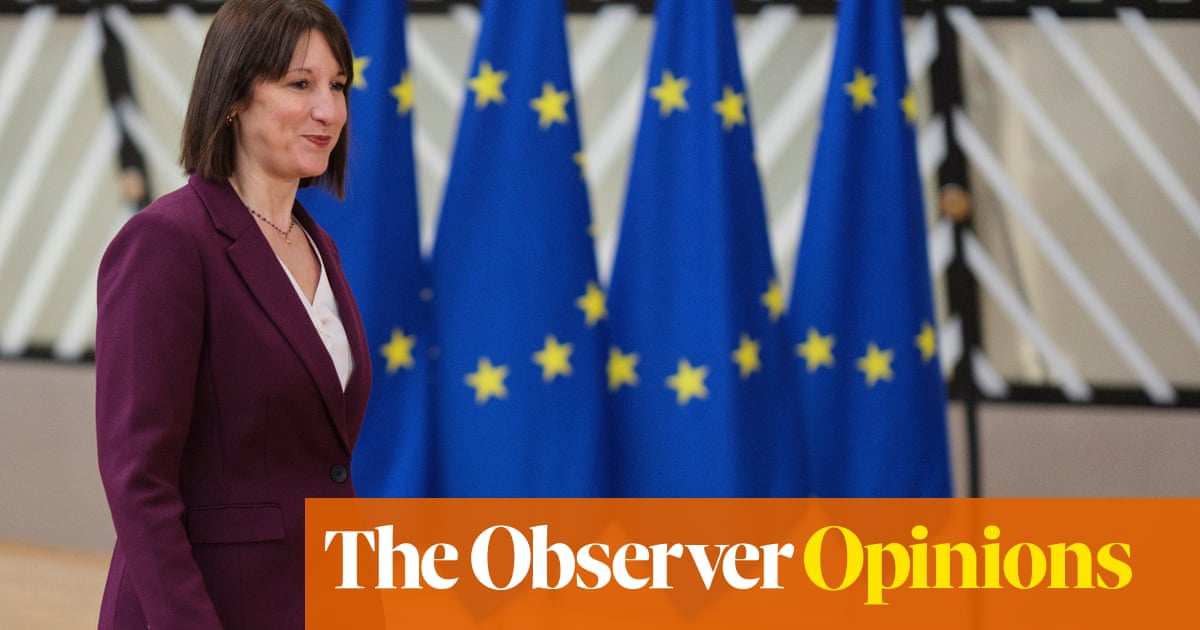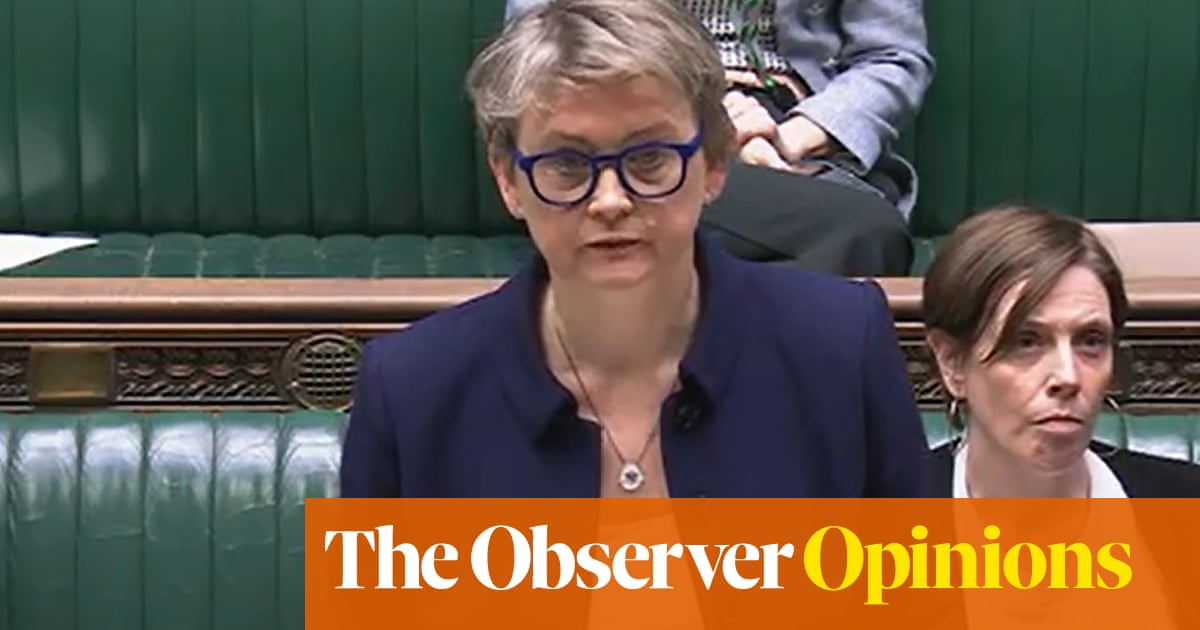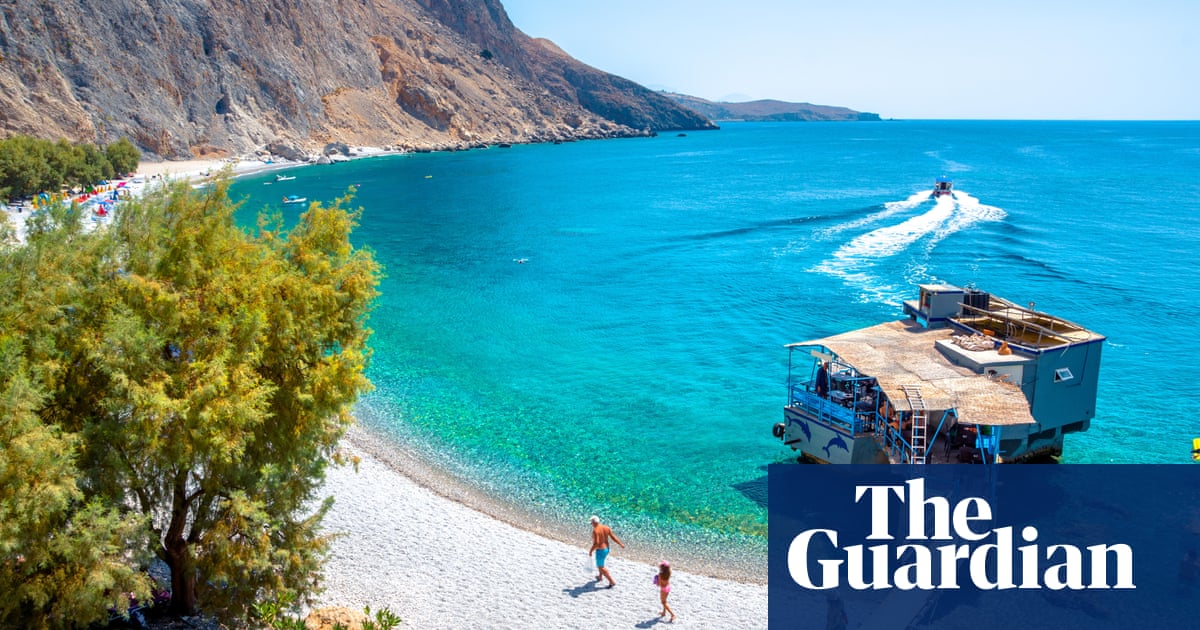Anticipating the strong protectionist winds that will blow from Donald Trump’s White House, the president of the European Commission, Ursula von der Leyen, has been responding by making her own economic weather. Last week, Ms von der Leyen flew to Montevideo, 5,000 miles south of Washington DC, to controversially conclude negotiations in one of the biggest free trade agreements in history. Twenty-five years in the making, the Mercosur trade deal opens up trade between the EU and a Latin American bloc of partners comprising Argentina, Brazil, Paraguay and Uruguay.
In theory, the agreement promises a more open market of 700 million people for products ranging from Argentine beef to German cars. For European manufacturers, it would eliminate tariffs on a majority of goods. As Mr Trump threatens to impose heavy tariffs on Chinese and European exports, here was evidence, asserted Ms von der Leyen, “that openness and cooperation are the true engines of progress and prosperity”.
This sunny analysis does not, however, tell the whole story. From an economic perspective, the Mercosur deal makes sense for Europe, offering an alternative market in the event of US tariffs and amid the continuing Chinese slowdown. It also deepens European connections with the global south, at a time when Beijing is doing the same in systematic fashion. But the political realities are treacherous: opposing Mercosur is a common cause celebre among European farmers, who fear being undercut by Latin American producers who are not subject to the same environmental standards.
At the end of a year in which farmers’ protests have made headlines across the continent, and far-right parties have exploited rural resentment to attack the EU’s green transition, this is territory to be navigated with extreme care. The deal has yet to be ratified, and EU member states are split. Germany, desperate to shore up its export industry, is strongly in favour. France, whose farmers famously carry immense political clout, is implacably opposed. Serious reservations have been expressed by the Netherlands, Poland, Austria, Italy and Ireland.
Less than a month after officially beginning her second term in office, Ms von der Leyen is taking a risk by pushing ahead at pace when such divisions exist. Approval of the trade part of the overall deal may be subject to a qualified majority vote, meaning that France would not be able to exercise its veto. That would be grist to Marine Le Pen’s mill, given that, in one recent poll, almost two-thirds of French citizens said they no longer had confidence in the EU. Meanwhile, the prospect of a disunited European front – with France and Germany at loggerheads – as Mr Trump enters the White House, is not an uplifting one.
In the quarter of a century since the Mercosur negotiations began, the negative impacts of globalisation on particular European regions and economic sectors have driven a backlash that has benefited the far right. Trade deals are about politics as well as economics. To avoid the fallout of this deal overshadowing the economic gains, Brussels should make it a priority that losers from it are adequately compensated. Bypassing a necessary battle for hearts and minds, as the EU confronts new geopolitical challenges without and the rise of Eurosceptic nationalism within, is not a viable option.
-
Do you have an opinion on the issues raised in this article? If you would like to submit a response of up to 300 words by email to be considered for publication in our letters section, please click here.

.png) 1 month ago
11
1 month ago
11













































